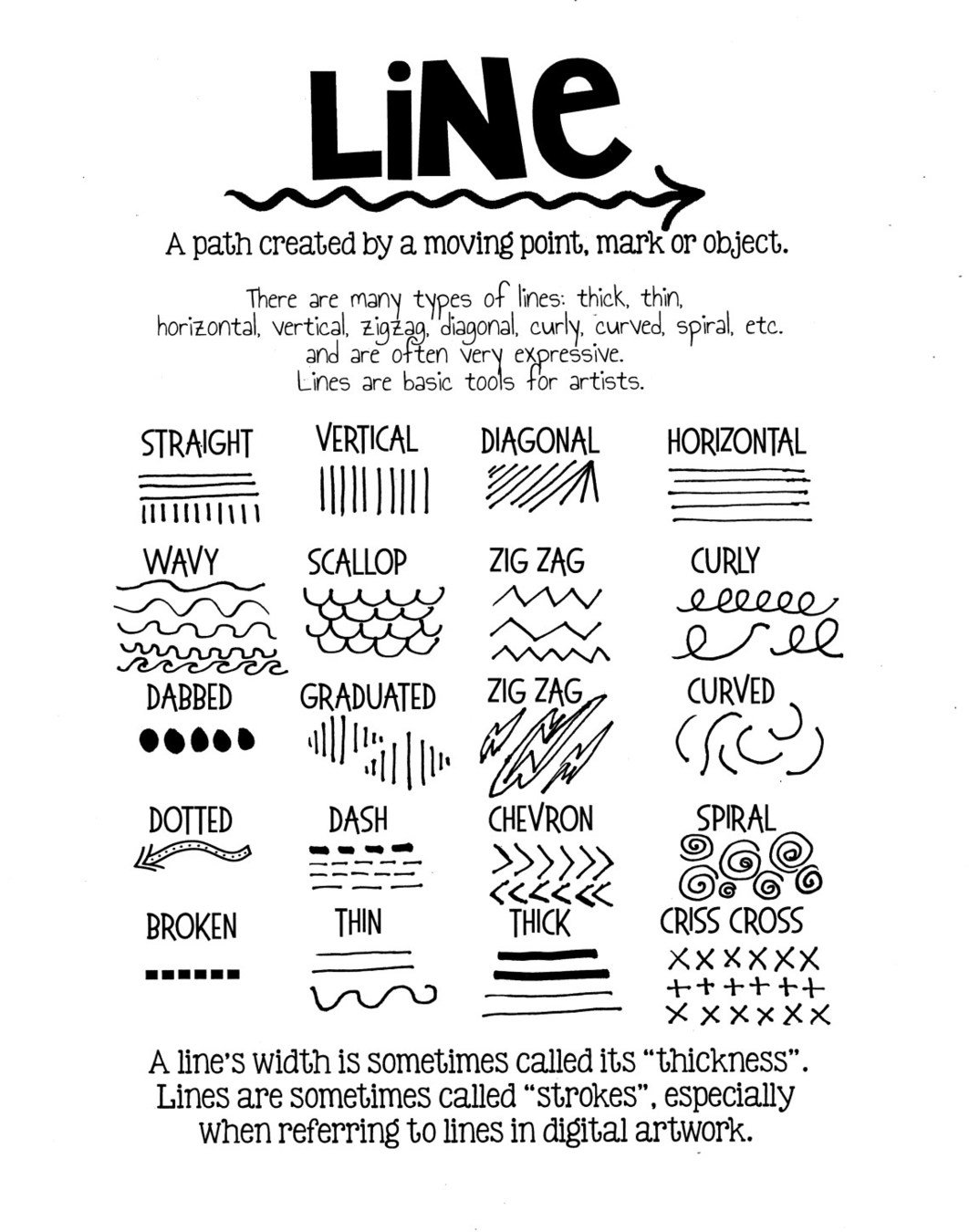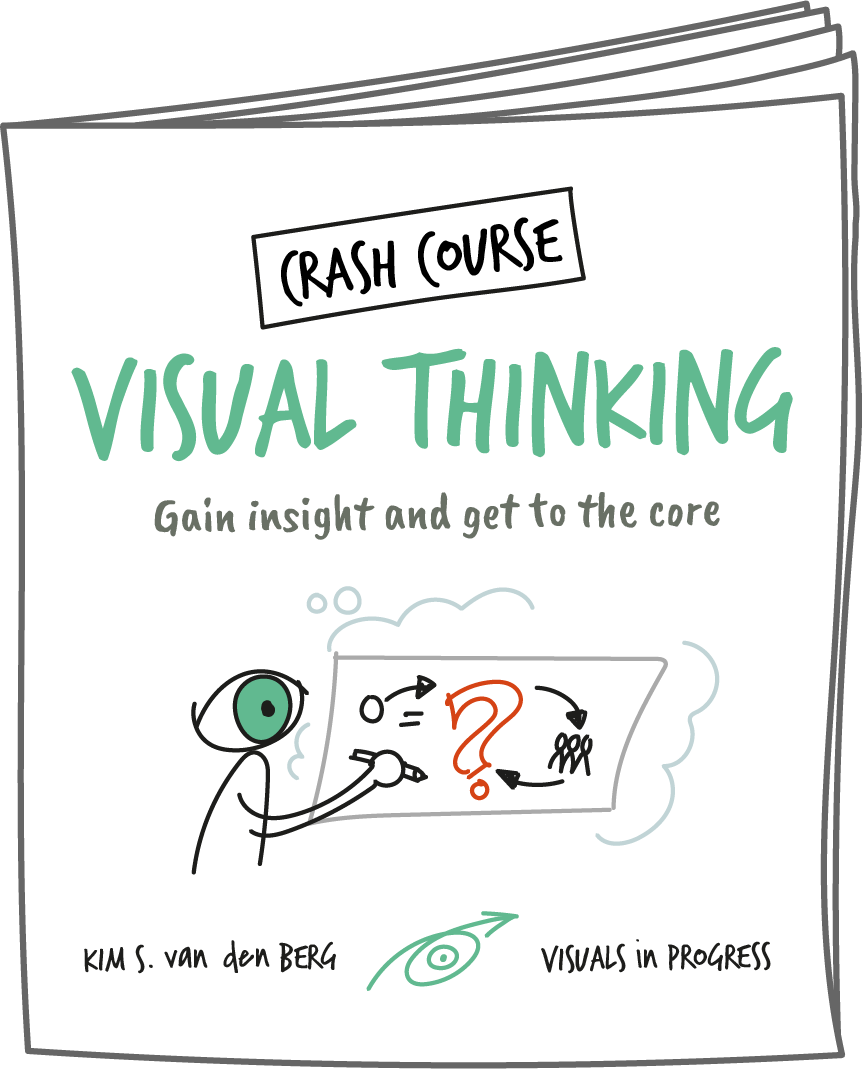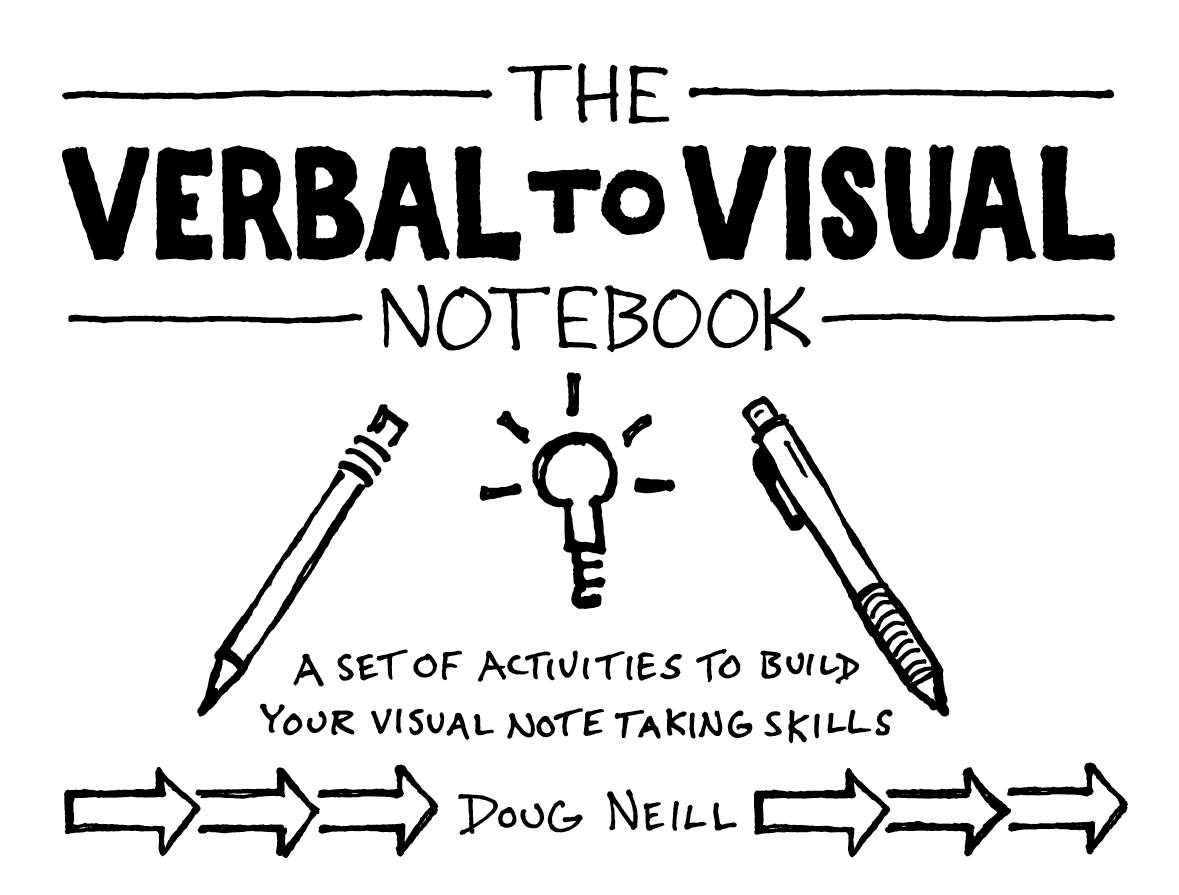LIGHTBOARD @ SFU
Teaching Visually
November 25th, 2019
I promote and teach Sketching (art), Visual Thinking (design), Storytelling, Sketchnotes (education), Graphic Facilitation and more.
The Beginning
Background and rationale




PLAY


Lines




Doodle monsters
Your marks have meaning
icons


What is a 'jam'?
...a process of rapidly brainstorming and prototyping
Icon jam instructions
Number your index cards (#1 - #?)
Wait for prompt
Draw for 30 seconds
Gallery walk



Lets draw!
Lets walk!

TEXT and story
WORDS have meaning(s)



Text
Text
Text
letters
layout
making space


-
Ki (起): The first panel forms the basis of the story; it sets the scene.
-
Shō (承): The second panel develops upon the foundation of the story laid down in the first panel.
-
Ten (転): The third panel is the climax, in which an unforeseen development occurs.
-
Ketsu (結): The fourth panel is the conclusion, in which the effects of the third panel are seen
Abstract Comics

Grids and Gestures

Living Documents:
Drawing a 3-Panel Comic from Primary Sources


Homework
Plan
-
Contact CEE (Program Director or Grant Gregson)
-
Lesson/Message/Learning Objective
-
Timeline
-
Length of Video
-
Technical and Pedagogical Support (Jason, Grant, PD's, Nathan)
-
Distribution/Platform (Canvas, YouTube, etc.)
-
Choose parts of a lesson that you can visualize and you can tell a story with
-
Should be memorable and increase learning
why tell a story?
“We are a species that's wired to tell stories. We need stories. It's how we make sense of things.
It's how we learn.”
Steven Soderbergh, director (Ocean’s 11, Traffic)
stories help us learn
“Stories are our primary tools of learning and teaching, the repositories of our lore and legends. They bring order into our confusing world. Think about how many times a day you use stories to pass along data, insights, memories or common-sense advice.”
Edward Miller, founder of Edward Elementary, illustrator and designer
Lesson Plan is your script,
and the script is your road map.
what is your story?
- Lesson Plan can be your story
- Purpose?
- Can your message be put into a story?
- Can simply be the progression in your lesson plan framed as a story (Plot)
- Beginning, Middle and End
- Characters/Subjects (eg. person, inanimate object, plant, animal, etc.)
3 act structure
- Act I: Introduction and Set Up (25% of the story)
- Here's the problem/proposal
- Intro "characters"
- Act II: Delivering your message (50% of the story)
- Diving into the problem
- What happened? Surprises?
- Act III: Climax, Wrap Up, Conclusion (25% of the story)
- What changed?
- Look to the future
- Remind Your Viewers
- Call to Action (ie. go here for more)
eg. AMoeba lifecycle
-
Act I:
- Amalie the Amoeba floats in a freshwater pond, capturing food by phagocytosis with pseudopodia
- Amalie needs to reproduce before it dies in 2 days
-
Act II:
- Binary Fission occurs
- Amalie retracts its pseudopodia, divides nucleus
-
Act III:
- Two daughter amoeba cells formed, Ali and Abby
- Two new amoebas must spend the next day or two accumulating fuel to reproduce, repeating cycle
should i storyboard?
“I don't storyboard like some. I mean,
all directors are different. I plan meticulously - really meticulously.”
-Paul Greengrass, director (United 93, Captain Phillips)
what is a storyboard?
- How we visualize a project in a linear way
- An agreement among stakeholders (ie. students, instructors, staff)
- Everyone on the same page
- Can be drawings, photos, icons
storyboard types
- Video
- Animation
- Explainer
- Powerpoint
video

explainer

explainer
storyboard templates



scripting and storyboard activity
- Write a short, 1-minute, 3-Act story in 3 or 4 frames
- Lesson plan can be your script
- Approximately 150 words/minute for spoken words
- 30 seconds+ might be drawing!
- Beginning, middle and end
produce
production tips
Don't cover face, but no bare arms
Wear solid, dark colours
No patterns on clothing
Keep it short
Black dots
Play Plan Practice Produce Perform
the end
more to explore
resources and links


Notredame best practices: https://www.youtube.com/watch?time_continue=138&v=0PNq0faZwOM
Carleton: https://carleton.ca/edc/faculty-and-instructors/educational-technology/lightboard/
A great page on the build https://www.clayton.edu/celt/lightboard/build
The original lightboard: https://lightboard.info
https://www.youtube.com/watch?v=N1I4Afti6XE
A lightboard for use in classroom or lecture halls https://pubs.acs.org/doi/10.1021/acs.jchemed.5b00155
A list of other examples: http://www.phys.ufl.edu/~mocko/Lightboard_Design.htm
http://ctlt-lightboard.sites.olt.ubc.ca/video-demos/
A prof that has an entire YouTube channel of videos: https://www.youtube.com/user/yoprofmatt

